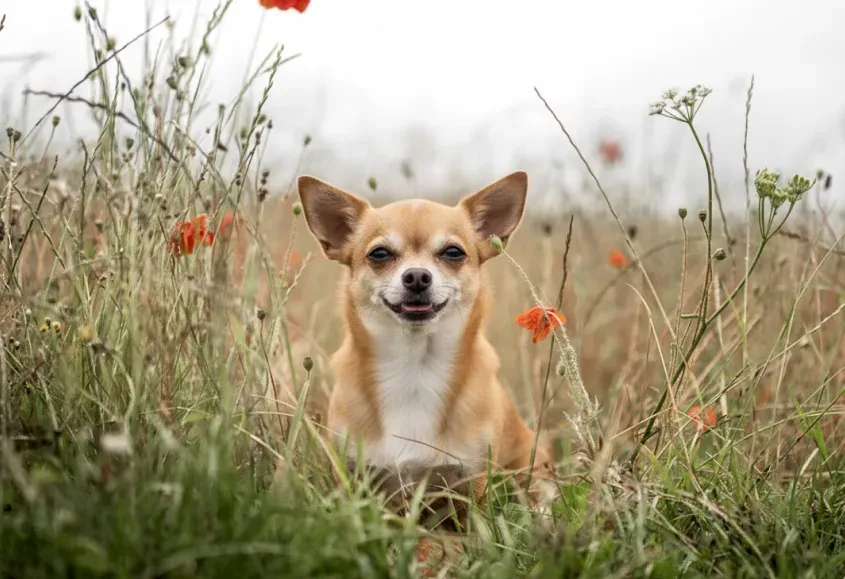All Pets
Dogs
Cats
Birds
Fish
Media
Rescue & Shelters
Pet Services & Shops
Happy Mart
Events
T-Shirts
Home
/
Dog Breeds
/
Greyhound
Greyhound
Origin
Egypt
Size
Large Breed
Ideal Space
House with Farm Area
Ideal Weather
15º-24ºC
Life Expectancy
10-14 years
Cost of buying
₹ 25,000 - ₹ 60,000
Top 5 Traits
Athletic
Energetic
Intelligent
Loyal
Playful
Avg Monthly Expenses
₹ 4,900 - ₹ 7,650





Introduction to Greyhounds
Characteristics
Barking
Quiet
Loud
Temperament with Kids
Aggressive
Friendly
Playfulness
Silent
Very Playful
Friendliness
Not Friendly
Super Friendly
Compatibility with other dogs
Aggressive
Friendly
Need for attention
Independent
Very Needy
Monthly Expenses

Greyhound Price & Lifespan
Cost of buying
₹ 25,000 - ₹ 60,000
Prerequisites to pet a Greyhound
Access to Groomer
Access to Veterinary
Financial Capability
Lifestyle Compatibility
Space and Environment
Appropriate Climate
Shop or Adopt a Greyhound: Make a Better Choice!
Greyhound Nutritional Care & Diet
Monthly Food Expenses
₹ 3,000 - ₹ 4,500
Calories per day
Puppies: 1800 kcal
Adults: 1600 kcal
Essential Nutrients
Carbohydrates
Fats
Protein
Minerals
Fibre
Vitamins
List of foods
Home made meals
Dry Dog Food
Fresh Meat
Fresh Fish
Fruits
Vegetables
Chicken
Breakdown of Macro-nutrients
Best Foods for Greyhounds
What Foods You Should Avoid for Greyhounds?
Avoid anything with these ingredients
Alcohol
Onions
Salt
Sugar
Garlic
Grapes
Coffee / Tea
Dairy
Milk Products
Avocados

Health
Avg Monthly Expenses
₹ 1,200 - ₹ 1,950
Common Health Issues
Hip Dysplasia
Bloat
Kennel Cough
Leptospirosis
Rabies
Ringworm
Heartworm
Parvovirus
Lyme disease
Canine distemper
Well being
Bonding
Agility Training
Exercise
Games
Socialization
Energy Level
Medium
Exercise routine
30 - 60 minutes
Recognising Stress
Changes in appetite
Excessive Barking
Pacing
Excessive Panting
Reluctance to move
Increased laziness
Common Health Problems in Greyhounds
Vaccination details
Growth Stage
Core Vaccines
6-8 weeks
Distemper, Hepatitis, Parvovirus
12-16 weeks
Distemper, Parvovirus
20-24 weeks
Rabies
Annually
Booster shots as recommended
Caring for a Senior Greyhound

Grooming Guide for Greyhounds
Avg Monthly Expenses
₹ 700 - ₹ 1,200
Shedding Level
Low Shedding
Hygienic Checklist
Bathing
Brushing
Ear Cleaning
Teeth Care
Eye Care
Nail Trimming
Benefits of Grooming
Cleanliness
Prevents infections
Low Shedding
Odourless
Quality of life
Prevents Bad Breath


Written by
Happy Pet Team
Author
Compare with similar breeds
Frequently Asked Questions
Are Greyhounds good with children?
Greyhounds make wonderful family pets—they are gentle, affectionate, and generally calm. They are typically patient with children and enjoy companionship. Like all dogs, they should always be supervised around young kids to avoid any accidental injuries.
How much exercise do Greyhounds need?
Despite their athletic build, Greyhounds are not high-energy dogs. They need about two 20–30-minute walks daily. They love short bursts of running, but generally spend the bulk of their day snoozing. As long as they get their daily exercise, they’re well suited to urban apartment living.
Are Greyhounds good pets for families?
In some places, Greyhounds are required to wear a muzzle in public, mainly due to their history as racing dogs with a high prey drive. However many retired Greyhounds can be trained to learn how to socialize safely with people, and in some areas muzzle exemption status is available after behavioral assessments. Always check local regulations.
What is the average lifespan of a Greyhound?
Greyhounds usually live 12 to 15 years. Some Greyhounds can live even longer with proper care, a nutritious diet and regular veterinary checkups. Giving them a comfortable life and keeping them healthy can help extend their lifespan.
Can Greyhounds live with cats or small pets?
A greyhound has a strong instinct to chase, but many can be trained not to chase cats and small pets. The key is early socialization, careful introductions, and supervised interactions. But some Greyhounds will always have a high prey drive, so caution is required.
How big do Greyhounds get?
Male Greyhounds weigh 27–40 kg and stand around 71–76 cm tall at the shoulder. Females are smaller at 26–34 kg and stand 69–71 cm tall.
Do Greyhounds shed a lot?
Greyhounds have short, fine coats that shed moderately year-round. They need very little grooming and weekly brushing helps reduce shedding and keep the coat healthy. Additionally, they’re low maintenance and tend to have very little doggy odor.











